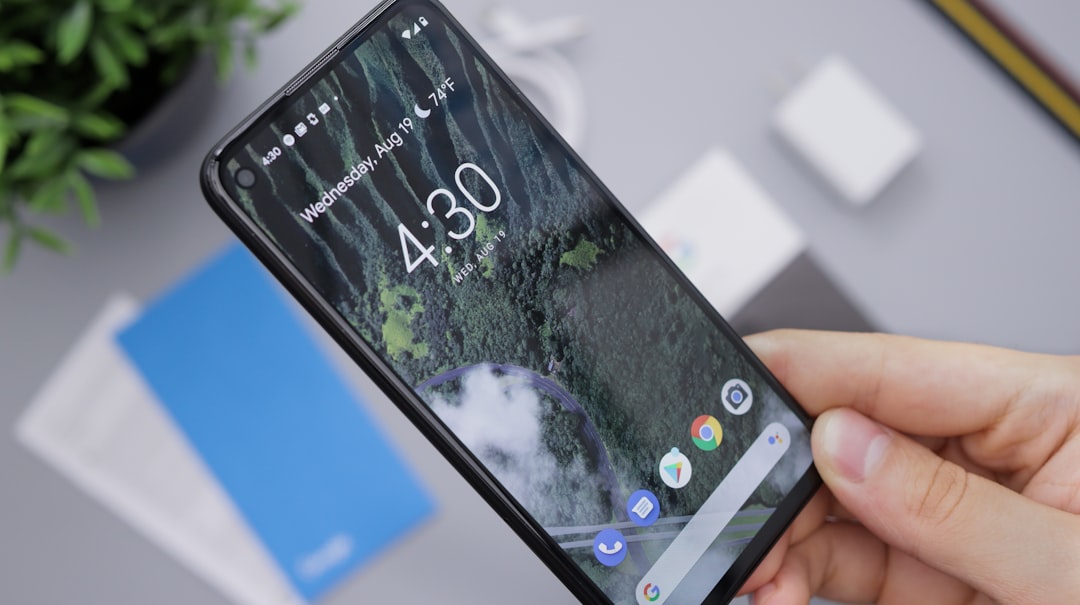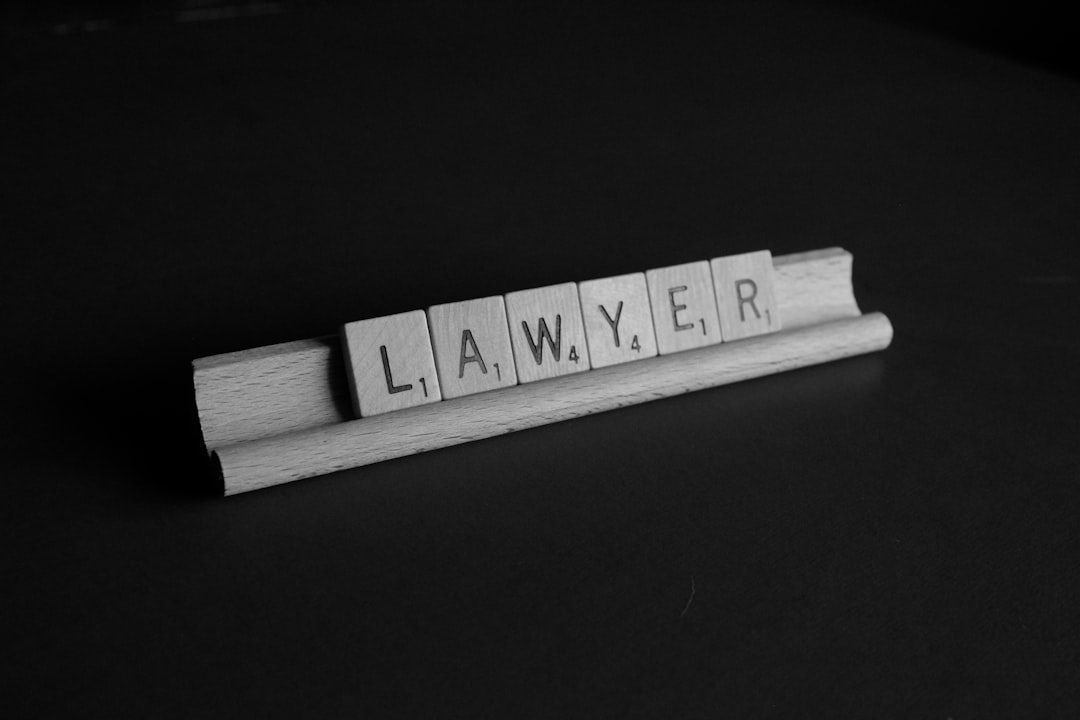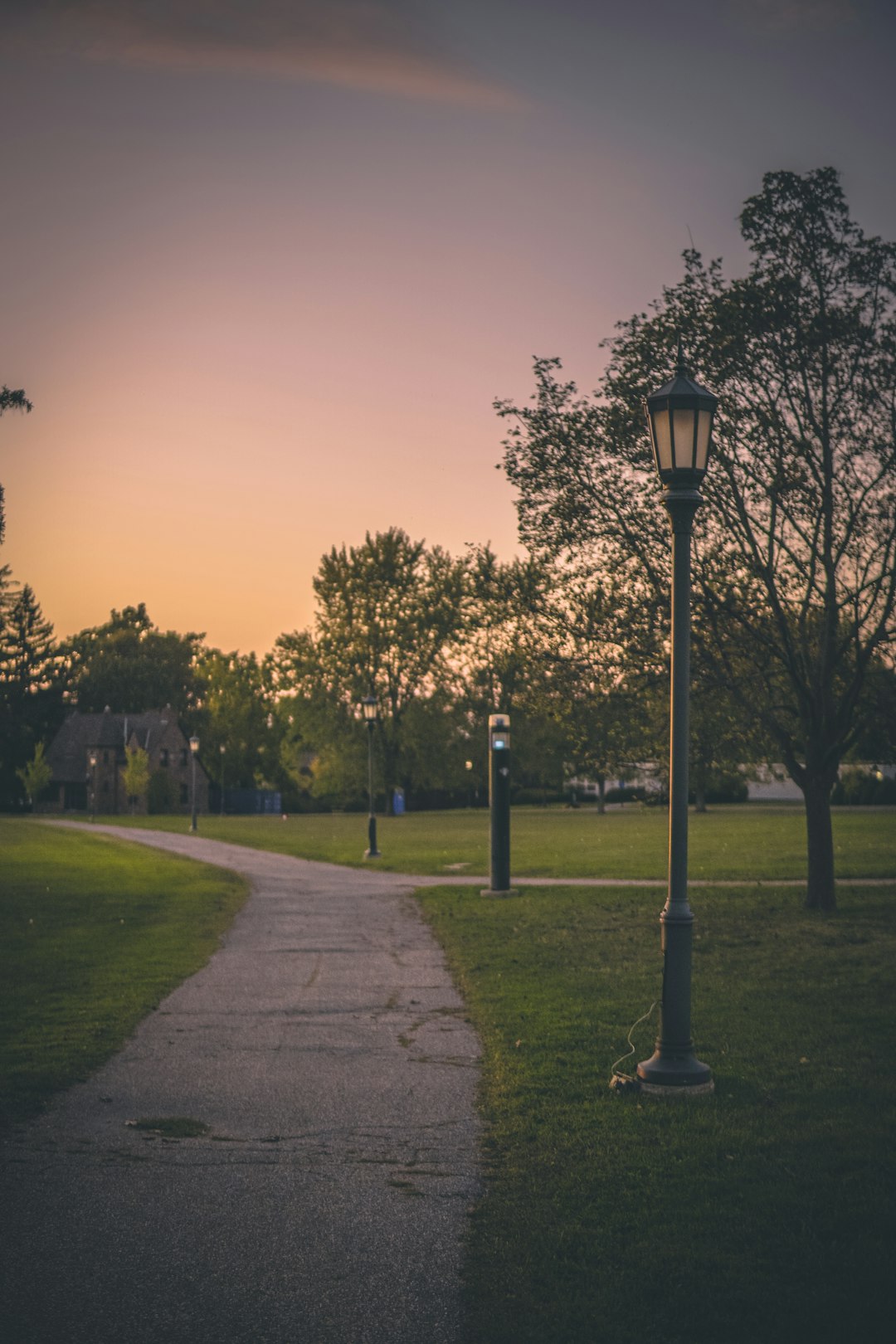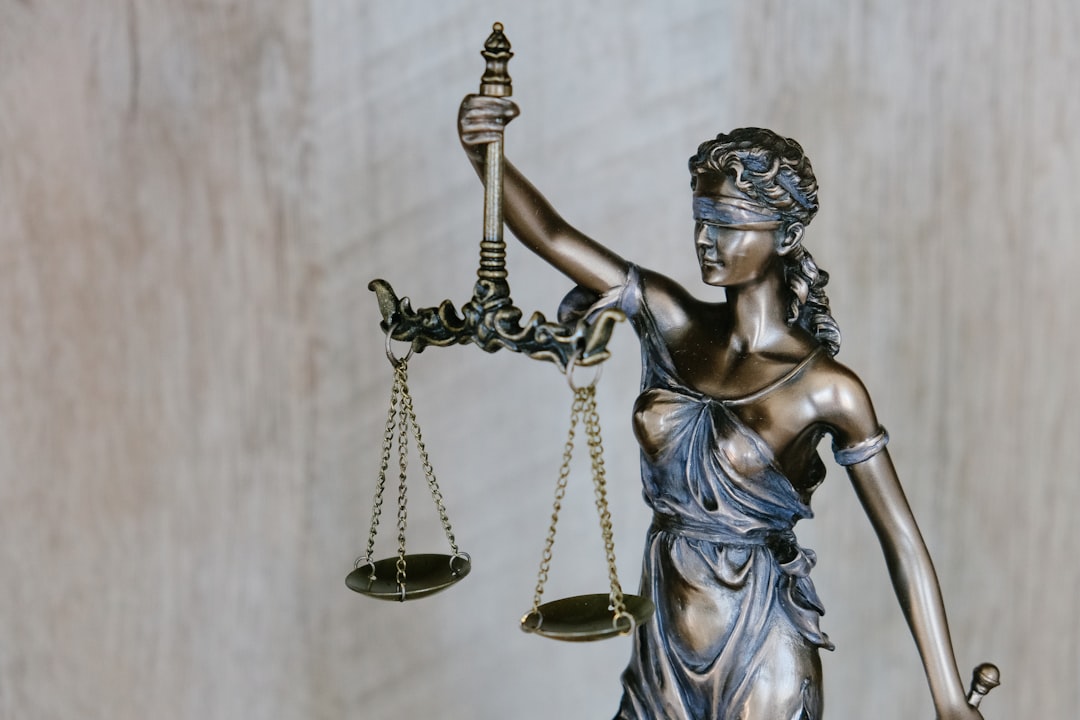Nonprofits in Burlington, VT using autodialers for fundraising must navigate stringent Vermont privacy laws and Consumer Protection Act (CPL) regulations to protect donors' rights and avoid penalties. Engaging an autodialer attorney is critical for compliance with prior consent, opt-out, and caller ID requirements, ensuring ethical practices, and safeguarding the nonprofit's reputation.
In today’s digital fundraising landscape, nonprofits in Burlington, VT, increasingly turn to autodialing for reaching potential donors. However, navigating legal considerations surrounding telemarketing is crucial for compliance and maintaining consumer trust. This article explores the legal framework for autodialers in Vermont, highlighting compliance requirements, consumer protection laws, and the vital role an autodialer attorney plays in ensuring nonprofit success while adhering to state regulations. Understanding these aspects can help nonprofits maximize their fundraising efforts legally.
Understanding Autodialers and Nonprofit Fundraising in Vermont

Autodialers, also known as automatic telephone dialing systems (ATDS), are powerful tools for nonprofits seeking to amplify their fundraising efforts in Burlington and beyond. These technologies enable organizations to make mass calls, providing an efficient way to reach a broader audience. In Vermont, where privacy laws are stringent, nonprofits must navigate a unique set of regulations when employing autodialers. Engaging the services of an experienced autodialer attorney in Vermont is crucial for ensuring compliance and protecting both the organization’s reputation and potential donors’ rights.
Understanding how these systems work is essential for nonprofits to make informed decisions. An autodialer can quickly dial a list of numbers, leaving pre-recorded messages or connecting callers to live agents. While this method can be highly effective, it must adhere to state and federal regulations, including those related to telemarketing and consumer privacy. Nonprofits must also be mindful of do-not-call lists and obtain proper consent to avoid legal repercussions.
Legal Framework for Telemarketing in the State of Vermont

In Vermont, the legal framework for telemarketing is governed by state laws and regulations designed to protect consumers from unsolicited phone calls. The Vermont Attorney General’s Office outlines clear guidelines for organizations using autodialers for fundraising purposes. Nonprofits must adhere to these rules to ensure compliance and avoid potential penalties.
Key considerations include obtaining prior express written consent from recipients, providing a way to opt out of future calls, and respecting specific “do not call” lists. An autodialer attorney in Vermont can help nonprofits navigate these legal requirements, ensuring their fundraising efforts remain within the legal framework and respect the privacy rights of individuals.
Compliance Requirements for Nonprofit Organizations Using Autodialers

Nonprofit organizations utilizing autodialers for fundraising in Burlington, VT must adhere to strict compliance requirements set forth by state and federal laws. These regulations are designed to protect individuals from unwanted phone solicitations and ensure ethical fundraising practices. Nonprofits must obtain explicit consent from donors before initiating automated calls, often through signed forms or digital opt-in mechanisms.
Engaging the services of an autodialer attorney in Vermont is advisable for nonprofits to navigate these legalities effectively. Legal professionals specializing in this area can guide organizations on crafting compliance strategies, ensuring their fundraising efforts remain within regulatory boundaries. This includes understanding do-not-call lists, privacy laws, and best practices for obtaining and documenting consent, thereby fostering a strong foundation for ethical and successful fundraising initiatives.
Consumer Protection Laws and Their Impact on Nonprofits

Nonprofit organizations in Burlington, VT, must navigate a complex landscape when employing fundraising strategies, especially with the use of technology like autodialers. Consumer Protection Laws (CPLs) play a pivotal role in ensuring fair practices and protecting donors from deceptive or nuisance calls. These laws are designed to safeguard consumers’ rights and maintain ethical standards in various industries, including fundraising.
Vermont’s implementation of CPLs requires nonprofits using autodialers to adhere to strict guidelines. This includes obtaining prior consent from donors before making automated calls, providing a way to opt-out, and ensuring the accuracy of caller identification. Noncompliance can lead to legal repercussions, fines, and damage to the nonprofit’s reputation. Engaging the services of an experienced autodialer attorney in Vermont is advisable to stay informed about changing regulations and protect both the organization and its donors from potential pitfalls.
The Role of an Autodialer Attorney in Burlington, VT

In Burlington, VT, nonprofits looking to leverage autodialers for fundraising efforts must navigate a complex legal landscape. An autodialer attorney plays a pivotal role in ensuring compliance with regulations such as the Telephone Consumer Protection Act (TCPA), which governs automated calling and text messaging practices. These legal experts help nonprofits understand consent requirements, do-not-call lists, and best practices to protect against costly violations and lawsuits.
By engaging an autodialer attorney, nonprofits can safeguard their fundraising initiatives while maximizing engagement with potential donors. Local laws and consumer protection regulations require meticulous adherence, and these professionals guide nonprofits through the nuances of Vermont’s legal framework, ensuring their autodialer usage aligns with ethical and legal standards, thereby fostering trust among both the organization and its supporters.






